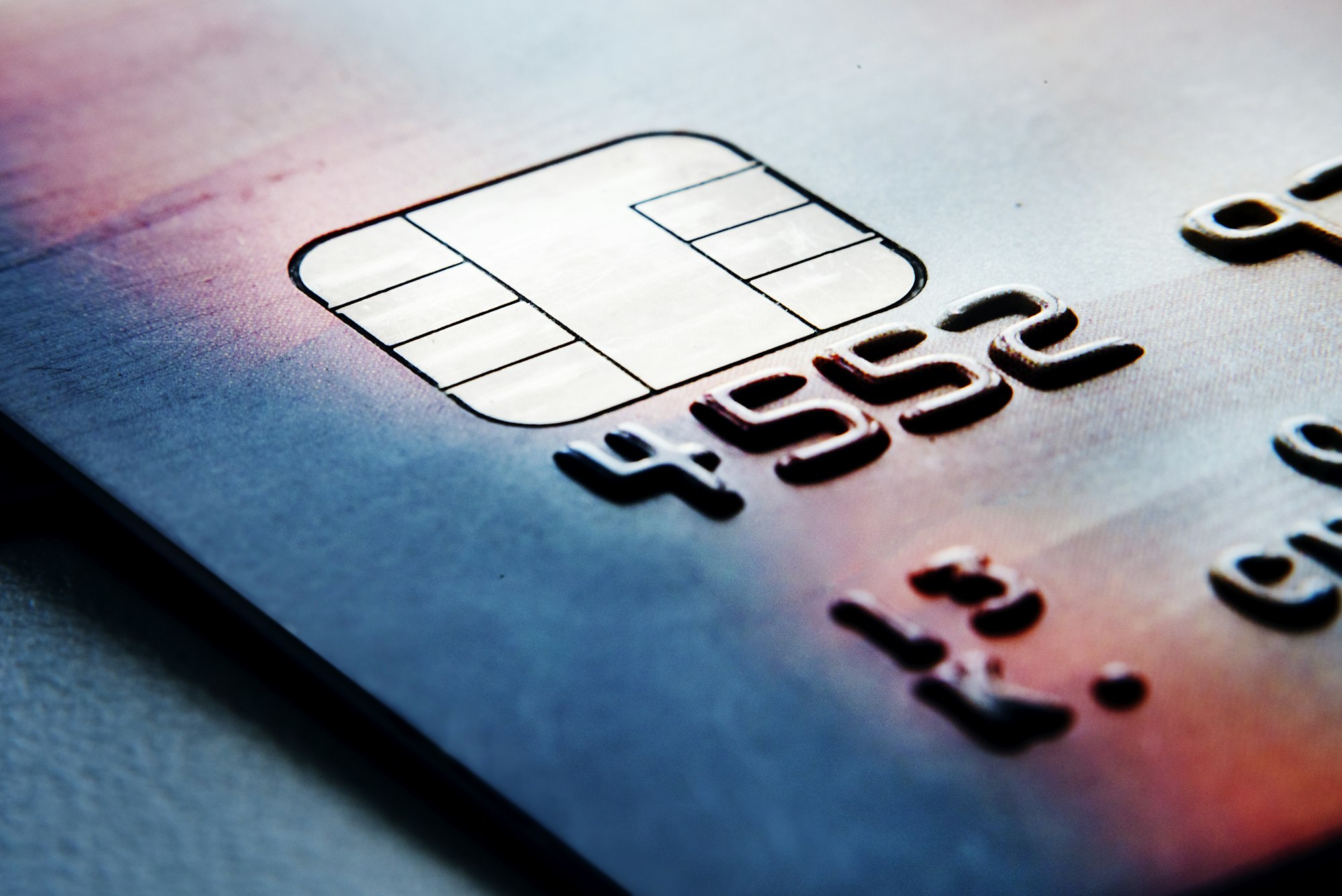The biggest risk, by far, is your liability for fraudulent transactions. Simply put, if you accept a card that doesn’t have a chip (a standard swipe card), and it’s a fraudulent card, the issuing bank is liable for the fraudulent charges. On the other hand, if you’re presented with a counterfeit chip card , and you can’t dip the chip and swipe it instead, YOU could be liable for the fraudulent transaction. This is called a “liability shift” – and it’s a big deal. That’s why you want to get your new terminals as soon as possible. You’ll be protecting both your business AND your customers.

